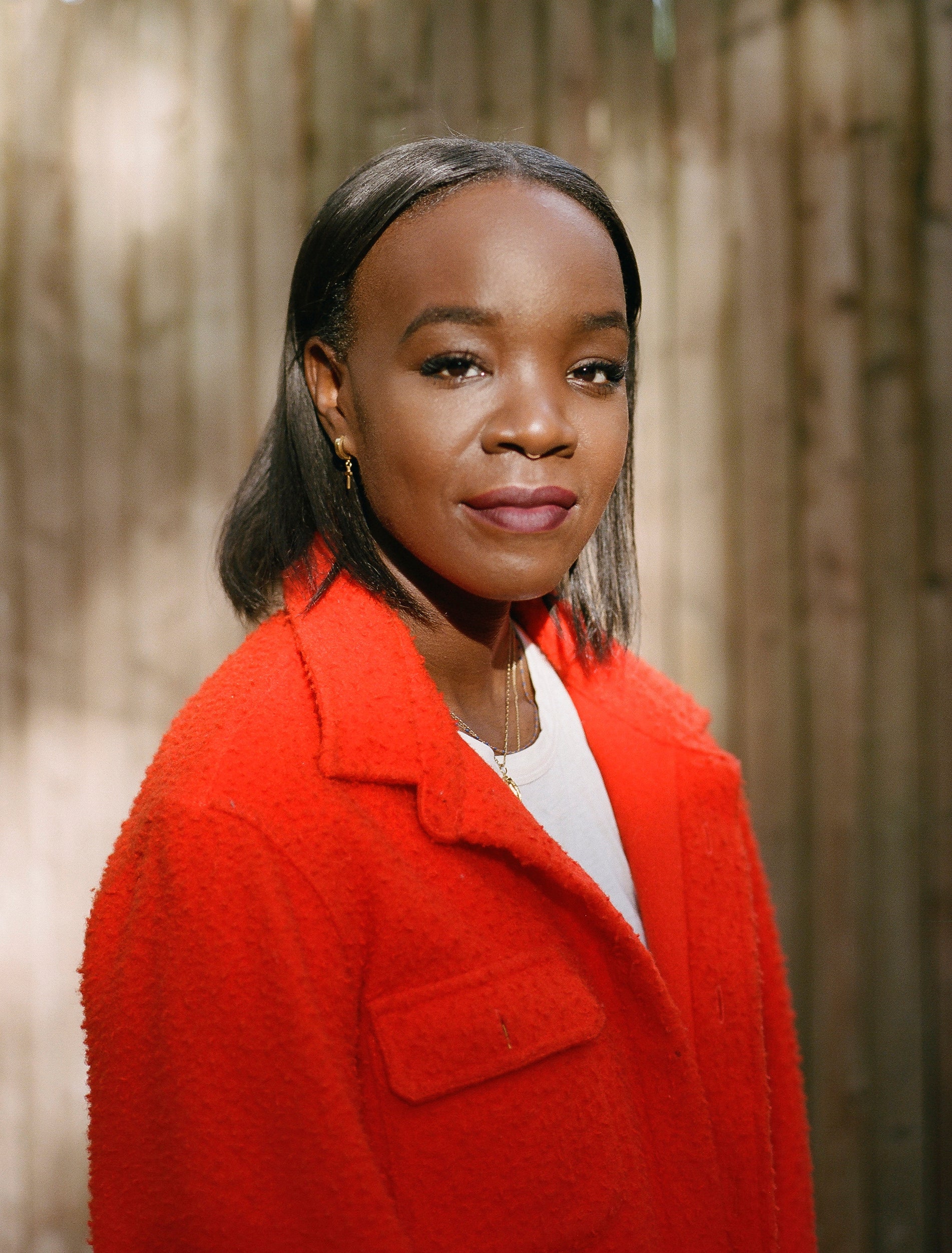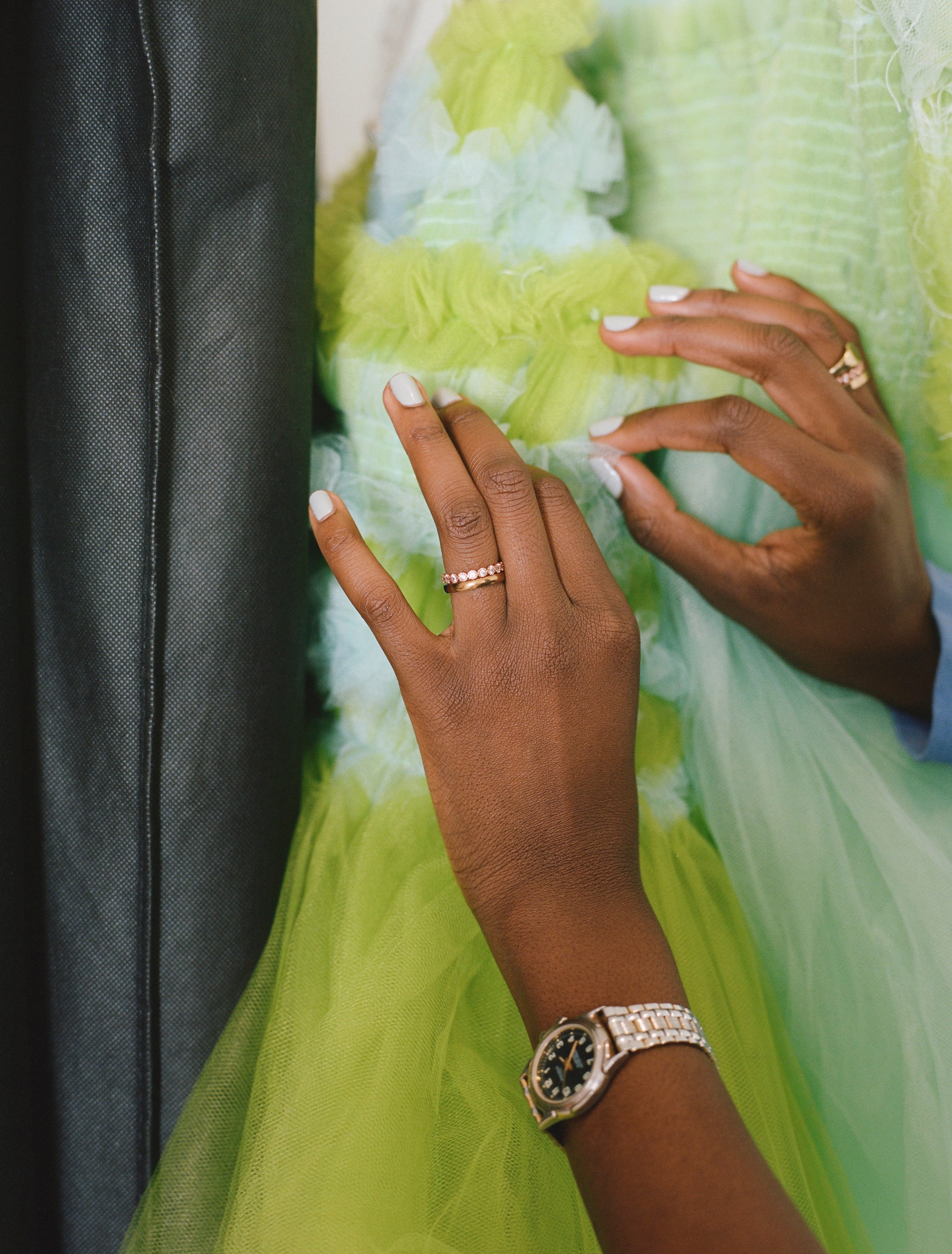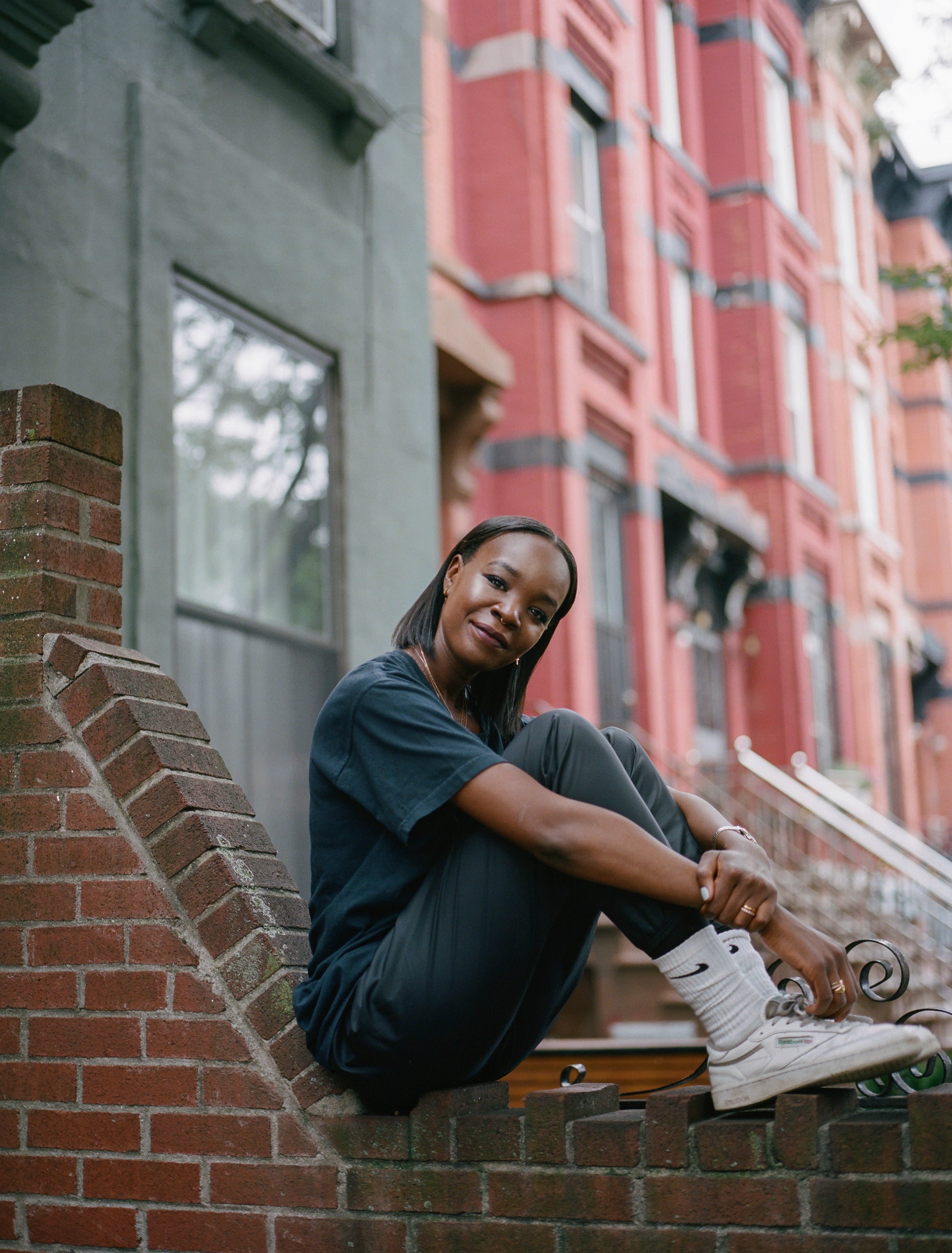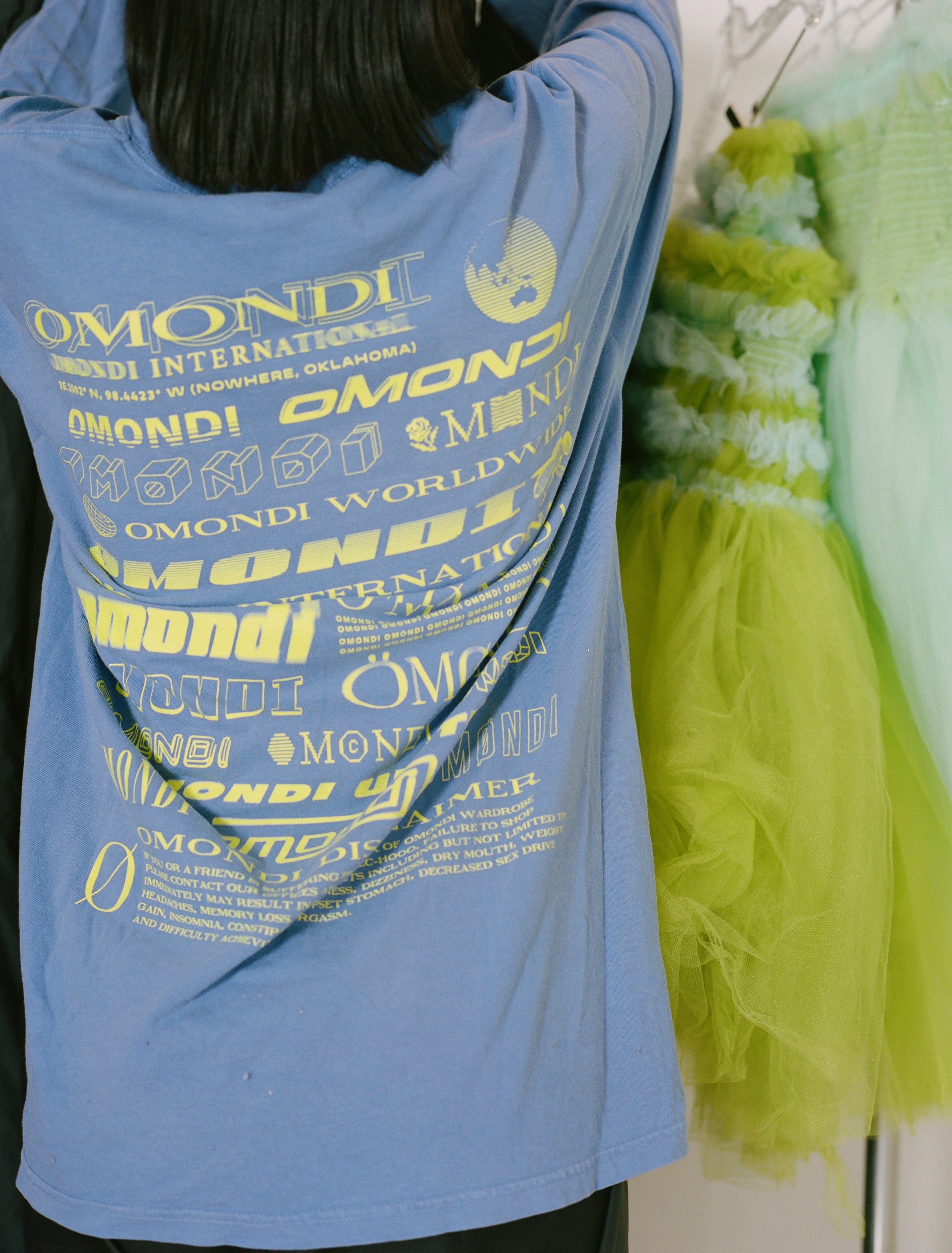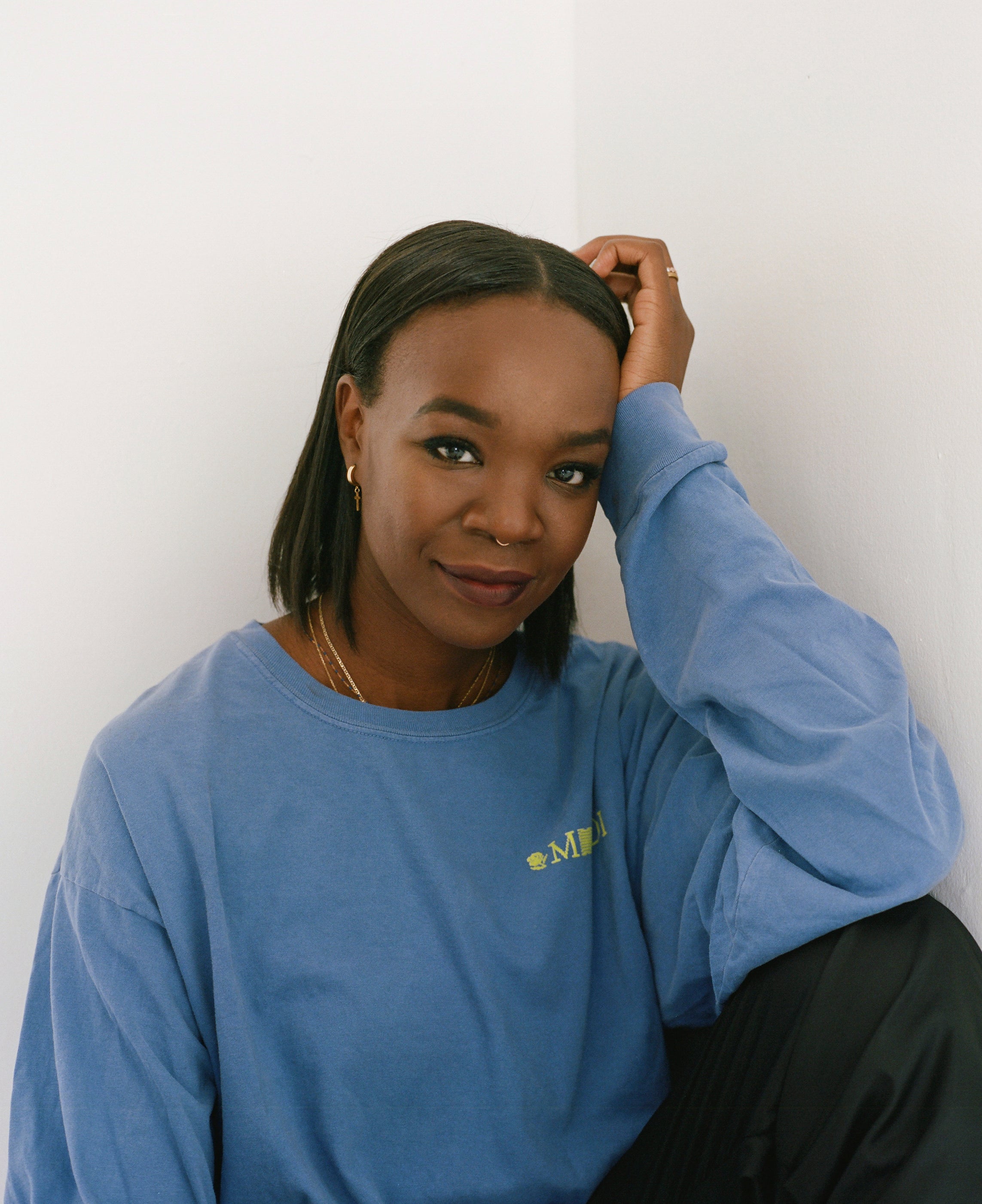
Fashion’s freshest voice on radical transparency, the power of community, and the three rules she never breaks.
AS TOLD TO GOSSAMER
This Conversation appears in Volume Two of our print magazine. You can pick up a copy here or at a stockist near you. It also makes a great gift, so why not buy two? Hell, make it three.
I'm from the Midwest. I say “the Midwest” as a general region because we moved around a lot. I was born in Oklahoma, and then I lived in Kansas, Michigan, Illinois, and Georgia. So at the end of the day, it's just easier to say that I'm from the Midwest because every other year I was somewhere new. By the time I was one, I had already moved three times. I just got used to it. You have to become very agile.
It didn't really get difficult until I was 16. That was the first time that I put up a fight about it because I had just made my friends and found my groove, and then we had to leave again in the middle of my sophomore year. I was like, “If you do this, I will be on Intervention.” That was in Illinois. Both my parents are from Kenya. I spent almost every summer of my life there. I'm pretty grateful for that. There are a lot of African-Americans—well, first generation African-Americans—I know who have never been back because their parents are immigrants. I'm just lucky that I have contact with my family there. I'm still not great at the language, but I do understand it if someone is talking to me. I can do what they’re telling me to do.

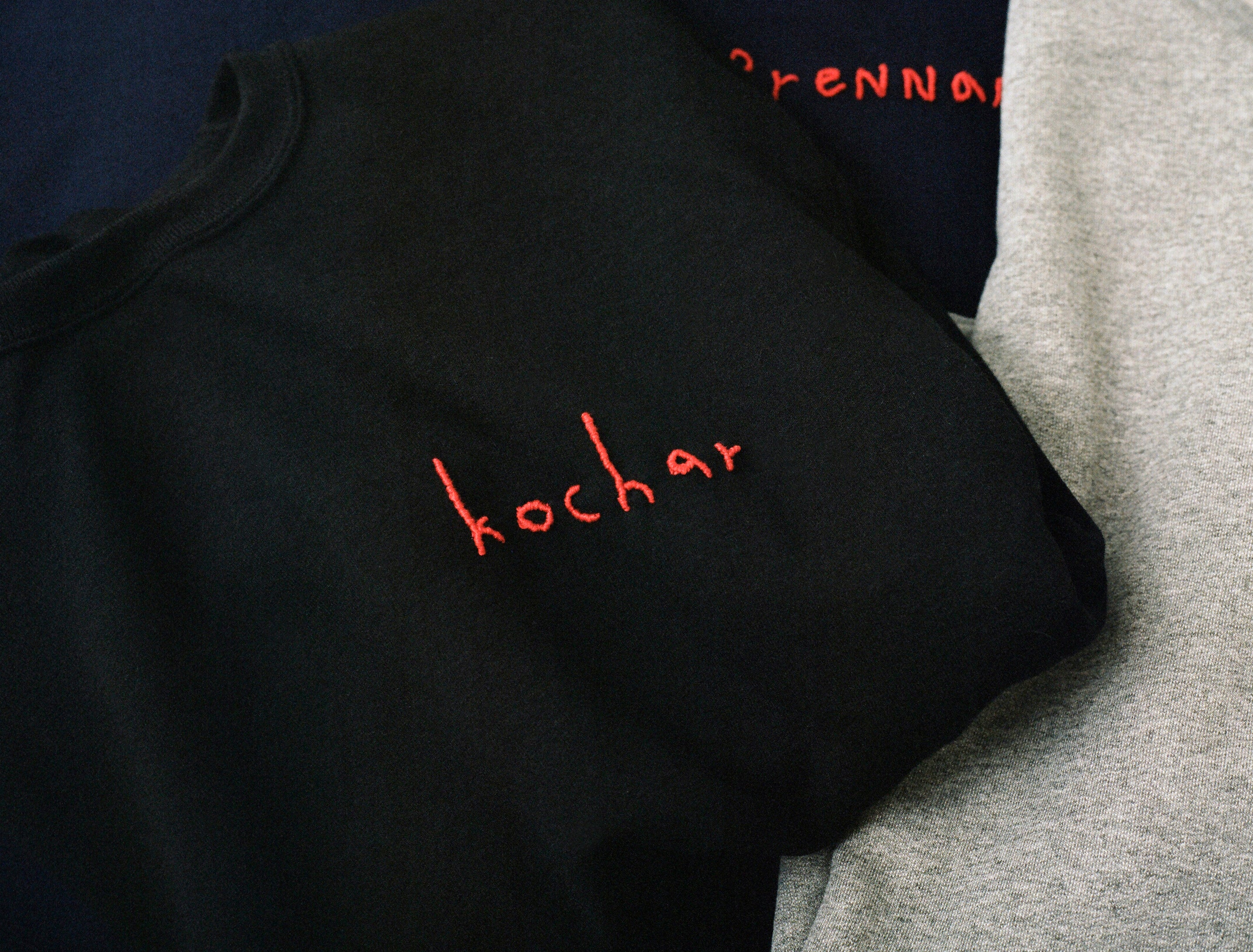
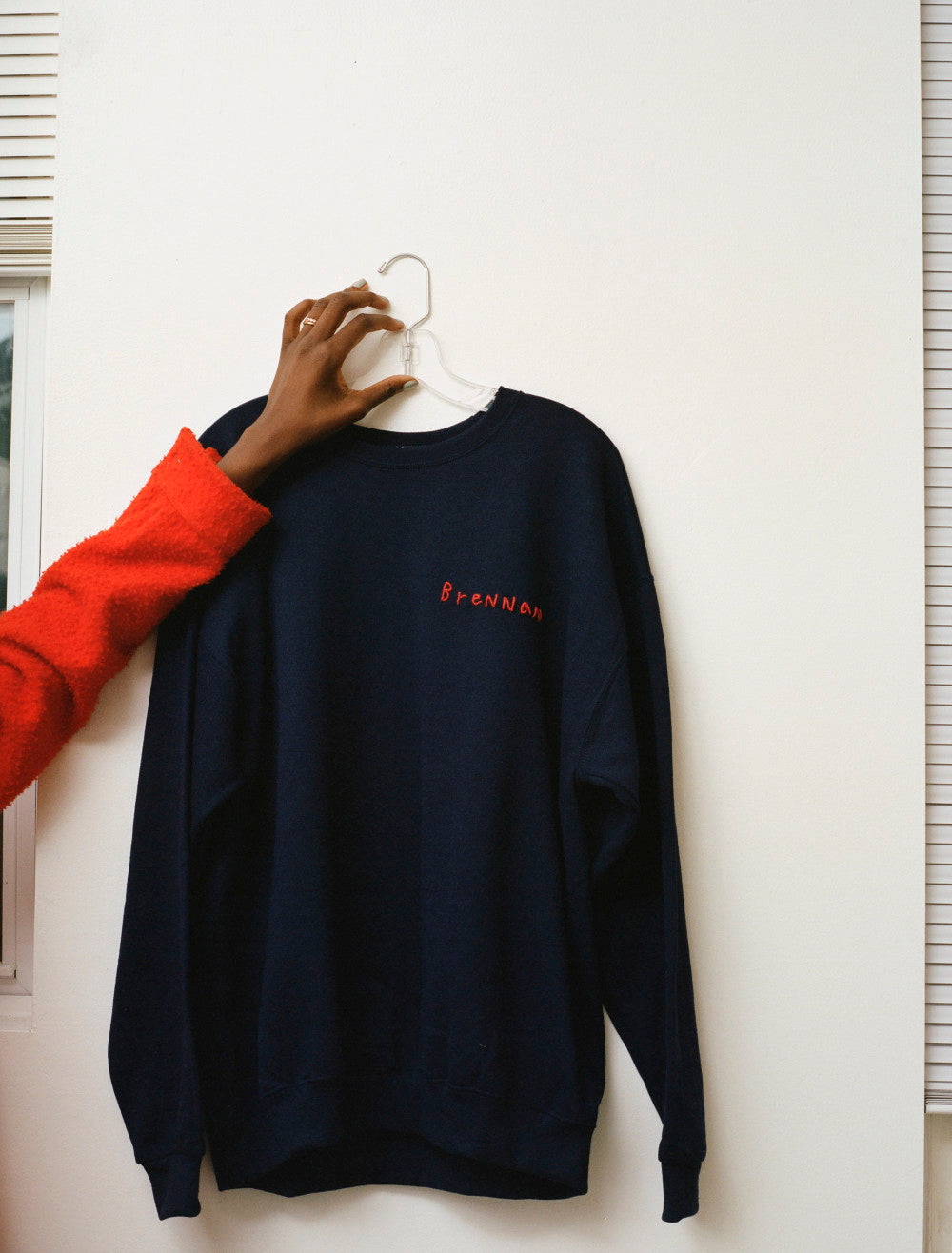
I always knew I wanted to start my own company, but I assumed it would take a decade.
